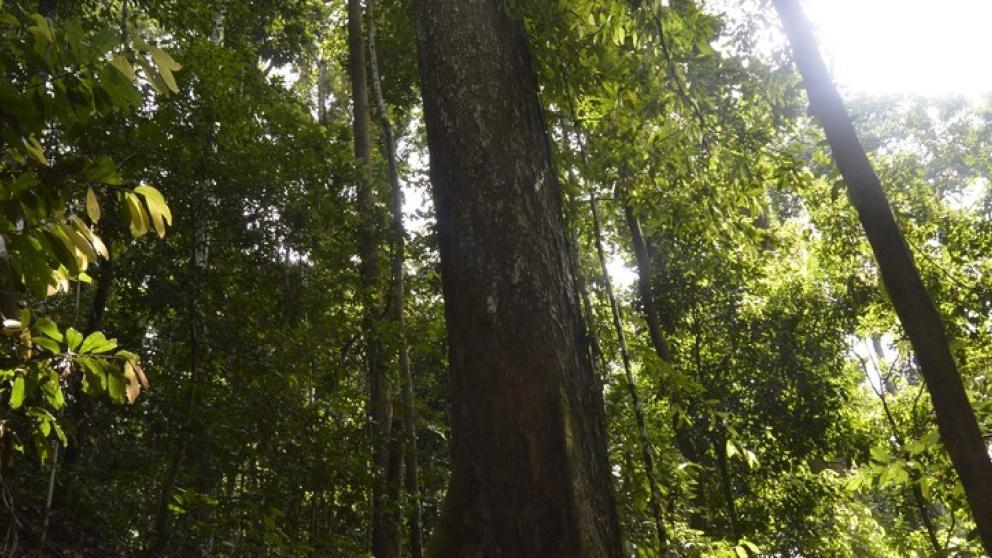The University of Salford takes part in campaign with Dame Helen Mirren

The University of Salford has taken part in a campaign involving Dame Helen Mirren to tackle a dangerous bacterium from spreading to the UK. A video, featuring Dame Helen has been released explaining the dangers of Xylella, urging the British public to be aware of the dangers.
Xylella Fastidiosa is a bacterium which blocks the plumbing systems in plants and prevents them from absorbing water. This causes leaf scorch, wilting, die back and even plant death. There is no known cure.
The effects of this bacterium could be disastrous because in order to comply with European law, you must remove all plant species within one hundred meters of the infected plant. This in turn could have a devastating effect of the British horticultural industry. For example, if it were to be found in a plant nursery, you must destroy all the plants within the nursery, causing it to go out of business.
The university is part of BRIGIT, which was established in 2018 by The John Innes Centre in Norwich. It is a melting pot of universities and researchers across the UK with the goal of preparing for the arrival of the Xylella virus. As part of BRIGIT, the university is developing computer models to track how the epidemic spreads. Using this model, we design strategies to detect it.
Dr Stephen Parnell, Reader in Spatial Epidemiology at The University of Salford who sits on a panel with The European Food Safety Authority said: “Usually what happens is that something arrives and gets out of control. Then there is a big research project to see what we can do. BRIGIT is about anticipating how we can catch it and prevent it.”
Currently, scientists cannot establish if it has been exposed to UK plants, but BRIGIT is focused on preventing the problem, rather than finding a solution. Dr Parnell added: “The good thing about BRIGIT is that it is trying to be proactive before the disease arrives. It is about having a range of different solutions and trying to get everything into place."
What is so dangerous about the disease is that unlike other plant-targeting viruses, it targets many types of plants, leaving many species of plants in Britain’s vast ecosystem vulnerable to exposure. The virus was traditionally only found in North and South America, feeding off citrus plants, but in 2013 it was discovered in Puglia, in Southern Italy and has been spreading across Europe ever since.
To join the conversation, use the hashtags #BRIGITXylella #IYPH2020 and watch the video.
For all press office enquiries please email communications@salford.ac.uk.
Share:
